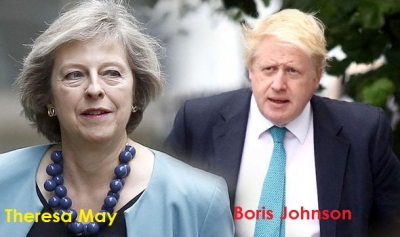
The U.K. had enjoyed a long relationship as a member state of the E.U. and its predecessor, the ECC, since 1973. However, all through these years, the nation had always maintained a distance and voiced its stance regarding EU and its rigid policies. For example, it refused to accept the single currency, euro, and retained its pound sterling currency while still being a member.
Britain’s political fraternity was divided in opinion, with one side favouring the EU and the other opposing the ideals. The 2008 financial crisis that affected many of the eurozone nations also ignited the opposition.
Another prominent reason that led to the exit was the uncontrolled surge of immigrants from poorer nations and the fear of refugees from different countries because of the EU’s open border policy. This further intensified the scepticism among voters and politicians. The U.K. refrained from joining the Schengen Agreement, which encouraged free entry at its internal borders.
The feeling that decisions about the U.K. had to be taken by the U.K. alone grew more assertive. Prime Minister David Cameron had endorsed that U.K. should remain within the EU. But, as the Brexit referendum saw a narrow majority opting to exit, he resigned and Theresa May took charge. A series of politically challenging negotiations with the EU followed, on the terms of departure and future relations, which lasted for four years.
Finally, in 2020, after much apprehensions, the U.K., which was then under Boris Johnson’s government, left the EU on the 31st of January.
Picture Credit : Google




